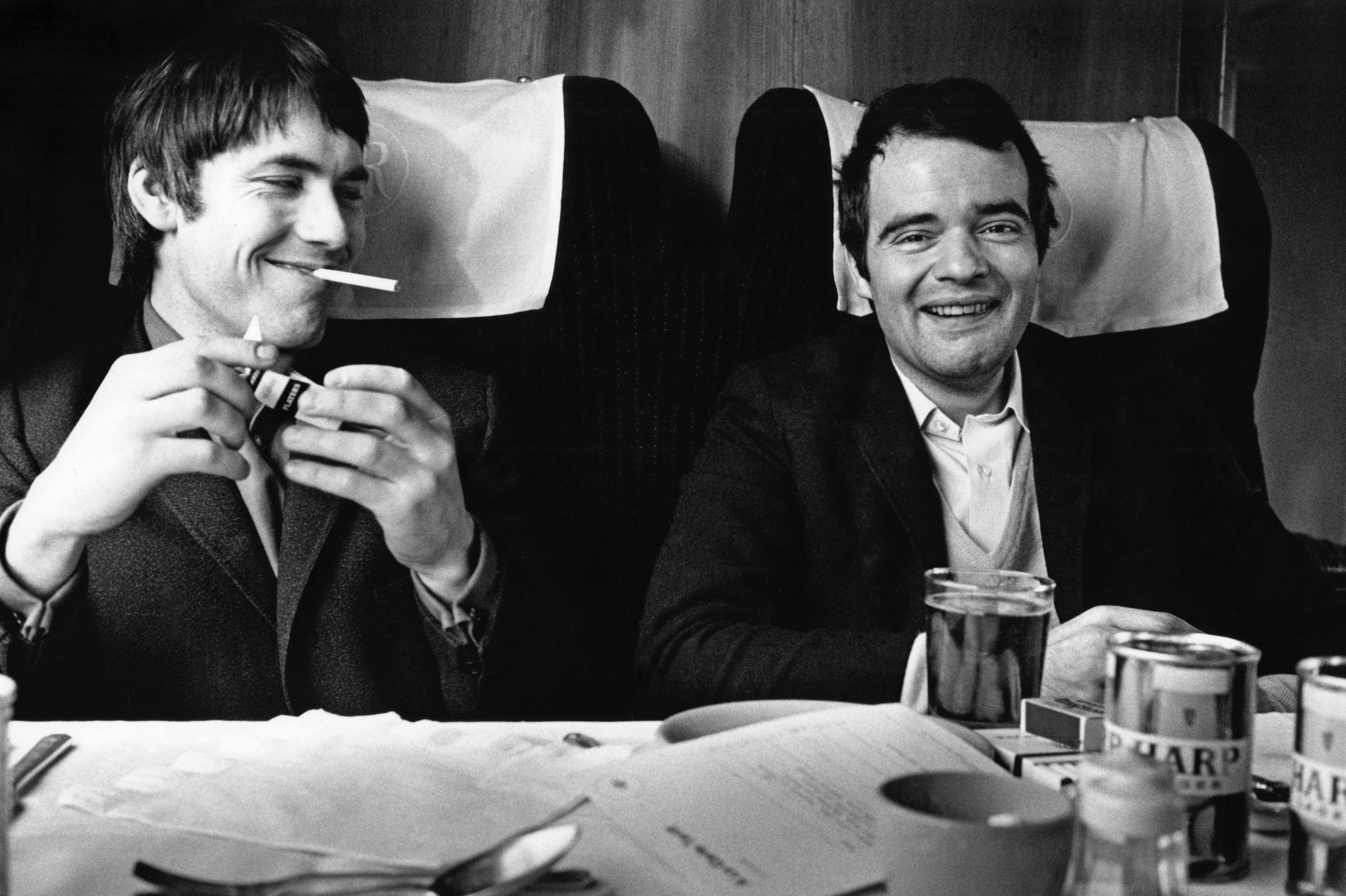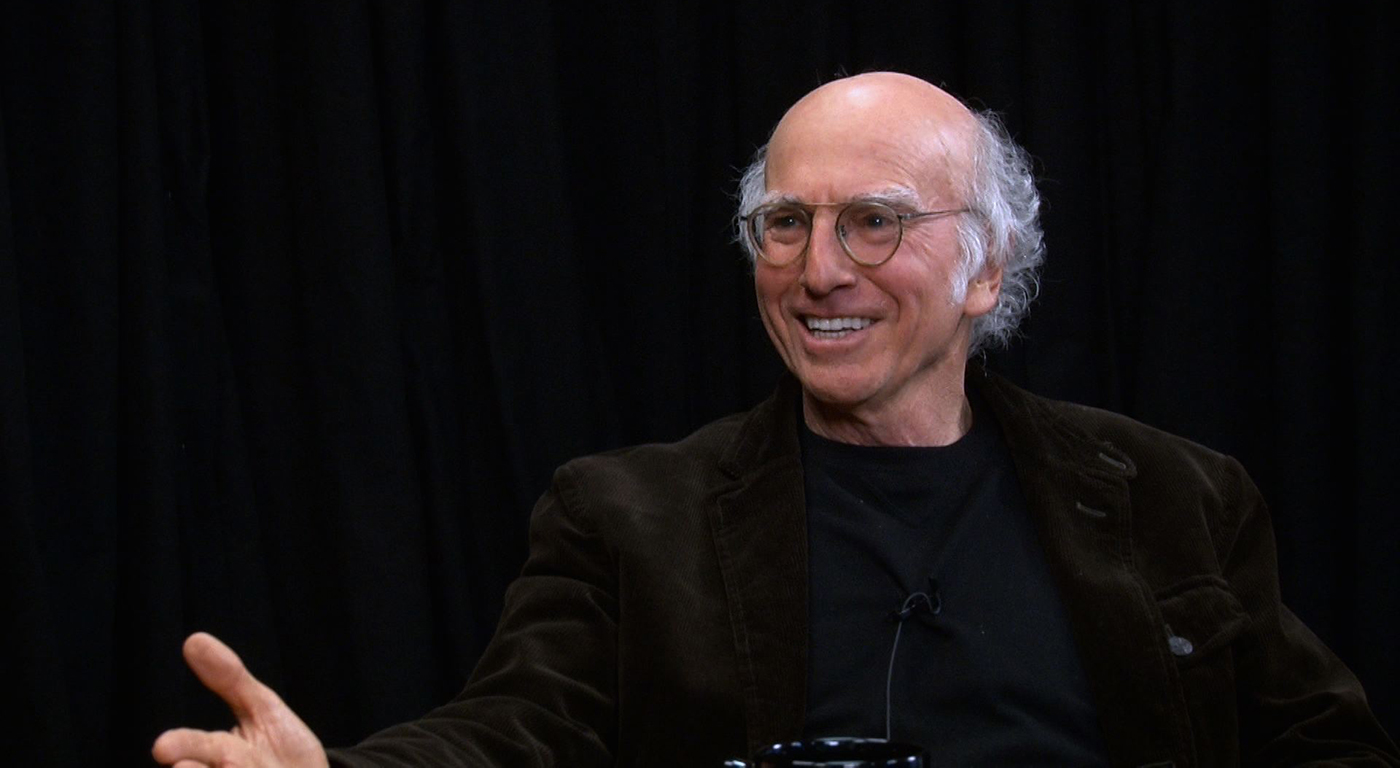CHRIS (CHRISTIAN BALE) and Marion (Emily Watson), your average middle-class British couple living in pretty but bland London suburban Eastwood (known as Metroland to its inhabitants), are awakened before dawn by a phone call. “It can only be bad news,” remarks Marion, and when Chris reveals that the caller is his childhood buddy Toni (Lee Ross), a bohemian poet back to visit for the first time in five years, Marion’s narrowed eyes and sour expression show that she stands by her statement.
Metroland
directed by Philip Saville
starring Emily Watson, Christian Bale
opens April 16 at Broadway Market
Sure enough, Toni is trouble, and Chris is vulnerable. He wakes up in the middle of the night and takes an introspective walk through his deserted neighborhood—making mental lists, he confesses, “until the panic subsides.” “What do you have to panic about?” asks Marion. He replies, “Exactly.” As Chris casts his thoughts back to his rebellious youth and his la vie de boh譥 sojourn as a fledgling photographer giving his all for art in Paris, Toni taunts him with accusations of selling out his ideals. “What happened?” he asks, gesturing to his backyard lawn, weekend garden, and matching patio furniture. Chris intently ponders the question, but Toni isn’t really interested in the answer—he just wants his old mate back, and he drags Chris around as if on a leash.
Needless to say, the marriage chills. But is Chris really “finding himself” as he ditches his family to get piss drunk at clubs and flirt with young women at swinging parties?
The theme of “selling out,” “becoming your parents,” leaving the revolutionary ideals of youth for the realities of adulthood, and fearing that you’ve compromised your life into stasis has a cinematic tradition that seems to produce a new signature film for every generation. Think of Metroland as It’s a Wonderful Life by way of The Seven-Year Itch for the baby-boom generation. Set in 1977, Philip Saville paints Chris’ England as a cold, gloomy suburban prison. Chris commutes between his generic housing development and his cubicled office buildings, where he toils at a soul-sucking advertising job that didn’t really seem so bad until Toni showed up. As his thoughts are flooded with nostalgic, sun-hued memories of his gorgeous French girlfriend in knee boots and black lingerie treating him to a sexual initiation out of Beat fantasy, Chris’ middle-class existence and conventional family life seem immeasurably dreary.
Saville showed he had bite in his delightfully vicious telefilm satire The Life and Loves of a She-Devil (which was turned into a toothless 1989 American comedy), but there’s little in evidence of it here. Toni is less a character than some mythic tempter, a snake in a suburban Eden. Bale, who explored similar territory last year in Velvet Goldmine, manages to capture Chris’ inner turmoil with far-off looks and introspective pondering, but he plays his character’s identity crisis with flailing foolishness. He doesn’t give us good enough reason to suppose that such a thoughtful fellow can be so blind to Toni’s manipulations—especially with Saville spelling it out in capital letters. Watson (Hilary and Jackie) fleshes out her thankless role as the stabilizing core with intelligence borne of experience as if she’s been through it before. But Saville and screenwriter Adrian Hodges don’t take any of this anywhere; instead, they just pointlessly spin out clich鳮 Like the commuter train that Chris boards every day, Metroland takes us down an all-too-familiar track with no variation and no surprises: If you don’t find yourself in the station you expected, it’s only because you weren’t looking at the schedule.






